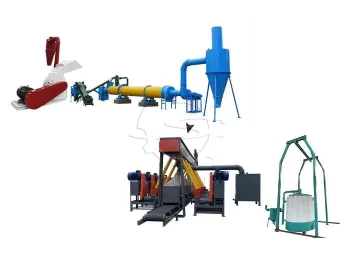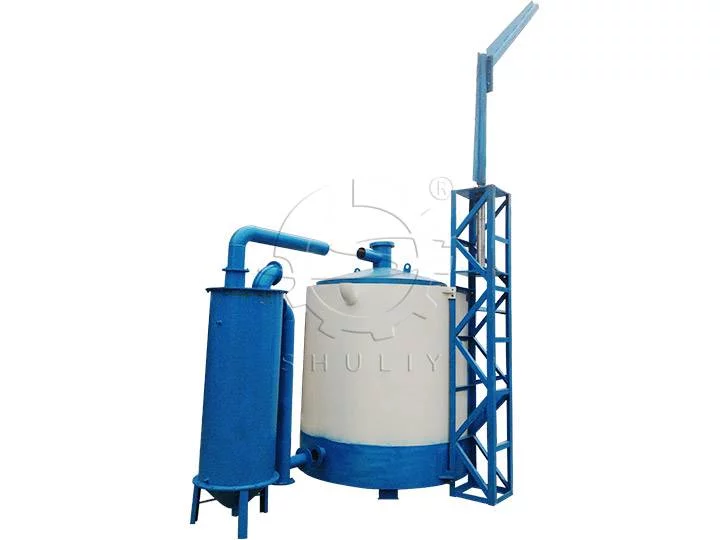Charcoal Production Line | Charcoal Machine
Charcoal Processing Plant | Charcoal Production Project
Charcoal Production Line | Charcoal Machine
Charcoal Processing Plant | Charcoal Production Project
Features at a Glance
Charcoal production line is a series of interconnected processes and equipment designed to convert biomass or wood into charcoal. Charcoal is a black, porous substance that is mainly composed of carbon and is commonly used as a fuel source for cooking, heating, and various industrial applications. If you want start a charcoal production project, please read this article.
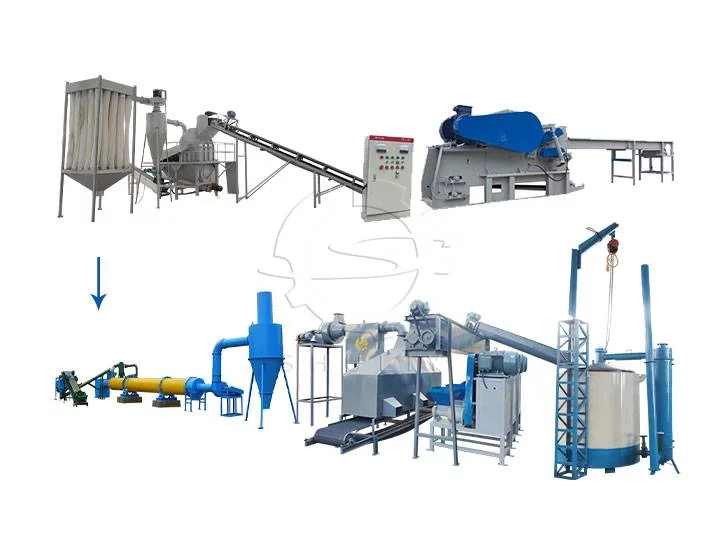
What Is the Charcoal Production Process?
The process of making charcoal production line usually starts with briquetting and then carbonization. The following are the general steps of the process:
- Preparation of raw materials: first, suitable wood or other biomass needs to be collected as raw materials. Common raw materials include various types of wood, sawdust, bamboo, coconut shells and so on.
- Drying: The molded charcoal product usually contains some moisture. Before carbonization, the charcoal needs to be dried to reduce the moisture content and improve the carbonization efficiency.
- Briquetting: After the raw materials are crushed, pulverized and mixed, they will be compressed into desired shapes such as charcoal briquettes, charcoal pellets or charcoal flat sheets. The purpose of this step is to increase the density and strength of the charcoal for the subsequent carbonization process and storage. This is the main step in the charcoal production line.
- Carbonization: The dried charcoal products will be fed into the carbonization furnace and heated in a low oxygen environment. The carbonization process will convert the volatile substances and unstable components inside the charcoal into fixed carbon and gradually form the characteristic structure of charcoal.
- Cooling: After carbonization, the charcoal will still remain at a high temperature. Therefore, the charcoal needs to be taken out of the carbonization equipment and cooled down to bring its temperature down to the ambient temperature.
- Packaging and Storage: Finally, the carbonized and cooled charcoal will be packaged and stored for sale and distribution.
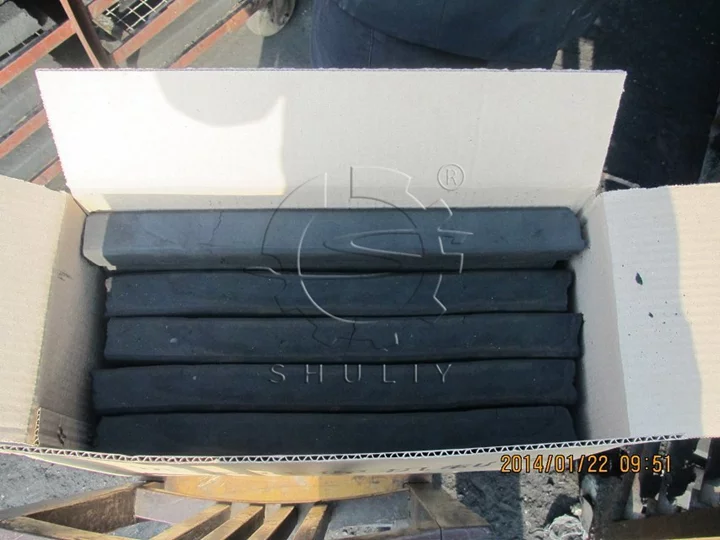
The whole process of charcoal production line may involve some automation and control systems to ensure the stability and efficiency of the molding and carbonization process. Meanwhile, environmental factors are also important considerations in shuliy charcoal production, so shuliy charcoal production line adopts a more environmentally friendly and sustainable carbonization technology.
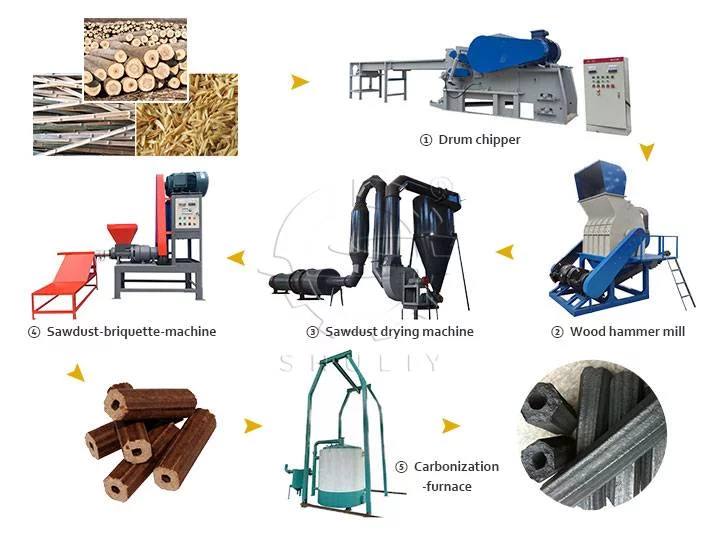
What Are the Charcoal Production Equipment in Charcoal Production Line?
Charcoal production line involves a variety of charcoal machine, each of which has a specific function in the process of making charcoal. Below is a brief description of the common equipment in charcoal production line and their functions:
Wood crusher machine
The wood crushing machine is mainly used to crush raw wood or biomass material into smaller particles. These particles are easier for the molding and carbonization process and increase the capacity and quality of the charcoal.
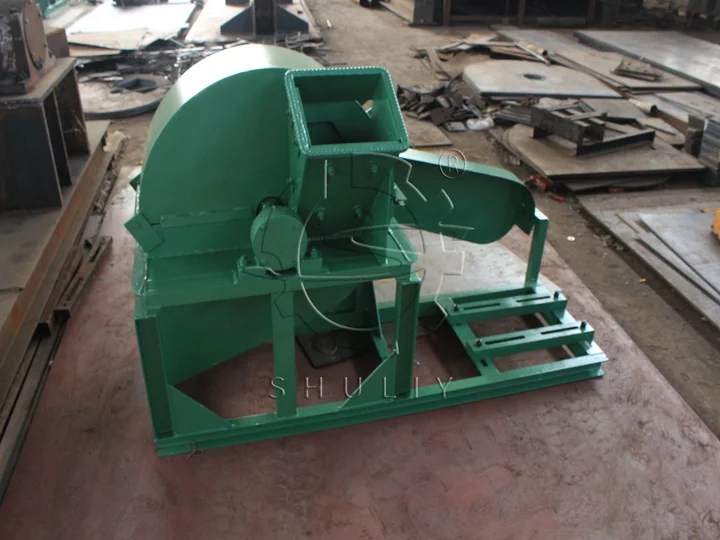
Sawdust drying machine
Generally speaking, the humidity of crushed biomass waste cannot meet the requirement of charcoal making. Therefore, the biomass raw material needs to reduce the moisture in the sawdust dryer machine to meet this requirement.
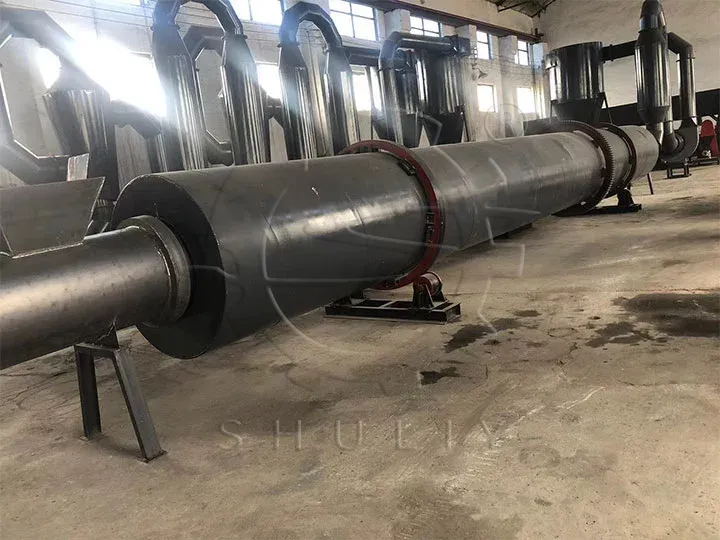
Charcoal briquette machine
Charcoal briquetting machine compresses the crushed raw material into desired shapes such as charcoal briquettes, charcoal pellets, or charcoal chips. The molding process helps to increase the density and strength of the charcoal, making it easier to handle, store and use.
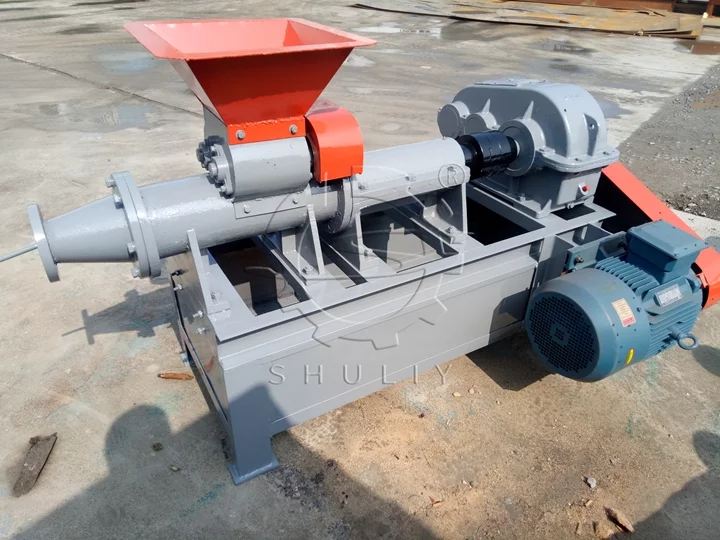
Carbonization furnace
The carbonization equipment is one of the most critical pieces of equipment in the charcoal production line. The carbonization furnace provides a low oxygen environment for the charcoal and carries out the carbonization process at a high temperature. In this process, the volatile substances and unstable components inside the charcoal will be converted into fixed carbon, forming charcoal with high carbon content and typical pore structure.
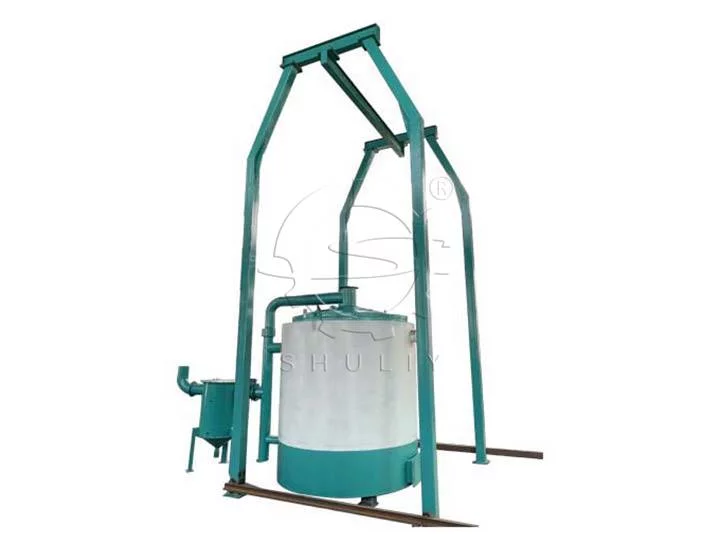
Charcoal packaging machine
The last step of the whole charcoal making line is packing. Shuliy charcoal packing machine can finish the charcoal packing work very well.
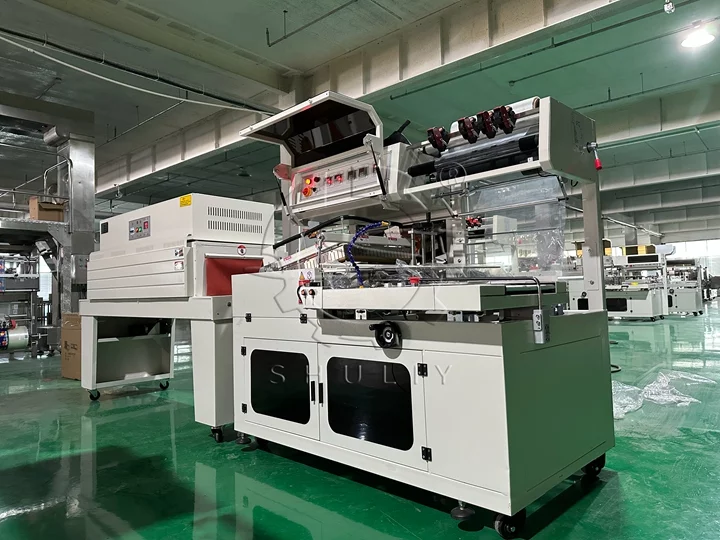
Customized service
Together, these charcoal making machine constitute the charcoal production line, which realizes the whole process from raw material treatment to finished charcoal. Different types of charcoal production lines may have specific equipment combinations selected based on production scale, automation level and customization needs.Shuliy Charcoal Machinery is a professional charcoal production equipment manufacturer, providing efficient and reliable charcoal production lines and equipment, welcome to contact us for more information.
Advantages of Shuliy Charcoal Briquettes Making Production Line
Shuliy charcoal briquette making production line has several advantages that make it an excellent charcoal production equipment manufacturer. Following are the main advantages of Shuliy charcoal production line:
- Advanced Technology: Shuliy charcoal production line utilizes advanced technologies and processes to ensure an efficient, stable and sustainable charcoal production process. These advanced technologies increase productivity, reduce energy consumption and minimize environmental pollution.
- Customized solutions: Shuliy can provide customized charcoal production line solutions according to customers’ needs and requirements. Whether it is a large industrial line or a small scale charcoal production line, Shuliy can provide the most suitable equipment configuration to meet the specific needs of different customers.
- High quality charcoal output: Shuliy’s Charcoal briquettes making production line produce a high quality charcoal product. Optimization of equipment design and process flow ensures the production of high quality charcoal with typical pore structure and high carbon content.
- Energy Efficiency: Shuliy is committed to improving the energy efficiency of its charcoal production lines and minimizing energy consumption during the production process. This not only helps to reduce production costs, but also helps to reduce the consumption of natural resources, making charcoal production more environmentally friendly and sustainable.
- Comprehensive support and services: Shuliy provides customers with comprehensive support and services. It includes installation, commissioning, training and maintenance of the charcoal production line. Customers can purchase and use Shuliy’s equipment with confidence and get professional technical guidance and after-sales service.
- Reliability and Durability: The equipment of Shuliy charcoal making machine production line is made of high quality materials and exquisite craftsmanship, which has high reliability and durability. This ensures the stability and long-term reliable operation of the equipment and reduces equipment failure and maintenance costs.
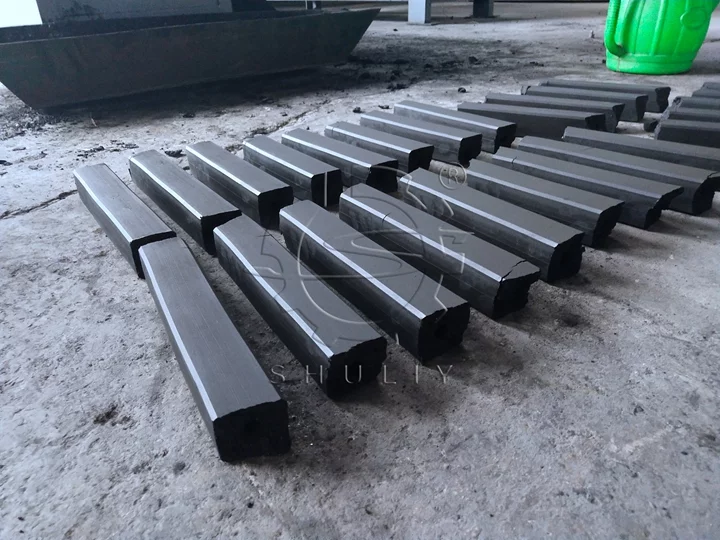
What Is the Capacity of Charcoal Production Machinery?
The capacity of a charcoal production line varies depending on factors such as the size of the line, equipment configuration and raw materials. Depending on the size of the production line and equipment configuration, the capacity of the charcoal production line can vary greatly from a small production line to a large industrial production line.
Small scale charcoal production line: The capacity of a small charcoal processing line is usually around several hundred kilograms to one ton per day. This type of production line is suitable for individuals or small-scale enterprises with relatively low production capacity, and is suitable for meeting local market demand or for personal use.
Medium-sized production line: The capacity of medium-sized charcoal machinery can reach several tons to a dozen tons per day. This kind of production line is suitable for medium-sized enterprises with larger production capacity, which can meet a larger range of market demand.
Large industrial production line: The capacity of large charcoal machinery can reach tens of tons or higher per day. This kind of production line is suitable for large-scale industrial enterprises with very large capacity to meet large-scale market demand and industrial applications.
The capacity of the production line is also related to the raw materials. Different types of raw materials have different properties and characteristics, which may affect the capacity and productivity of the charcoal production line. Therefore, Shuliy Charcoal Machinery can provide charcoal production line solutions with different capacities according to different production needs and raw material choices.
What Raw Materials Can Be Used to Make Charcoal?
- Wood: Wood is one of the most commonly used raw materials for charcoal. Wood from a variety of trees can be used to make charcoal, including hardwoods (e.g. oak, beech, walnut) and softwoods (e.g. pine, fir, poplar). Hardwoods usually produce more heat and long-lasting flames. Softwood charcoal ignites more easily and is suitable for different purposes.
- Sawdust and wood shavings: Sawdust and wood shavings from processes such as wood processing, furniture making and woodworking are also common raw materials for making charcoal. These by-products can be used to produce high quality charcoal after molding and carbonization.
- Coconut Shells: Coconut shells are the hard outer layer from the husk of the coconut and they are a high quality raw material for making charcoal. Coconut shell charcoal typically has a high carbon content and density, making it suitable for uses such as barbecuing and heating.
- Bamboo: Bamboo can also be used to make charcoal. Bamboo grows rapidly and is a renewable resource. They are carbonized and used to produce bamboo charcoal, which is used in a wide variety of applications.
- Peanut shells and husks: Peanut shells and husks from crop processing can also be used to make charcoal. These shells can be used to produce high quality charcoal after proper carbonization.
- Cotton stalks and straw: Wastes from agricultural crops such as cotton stalks and straw can also be used to make charcoal. The reuse of these wastes helps to reduce crop wastage. At the same time it provides an environmentally friendly and sustainable source of raw material for charcoal production.
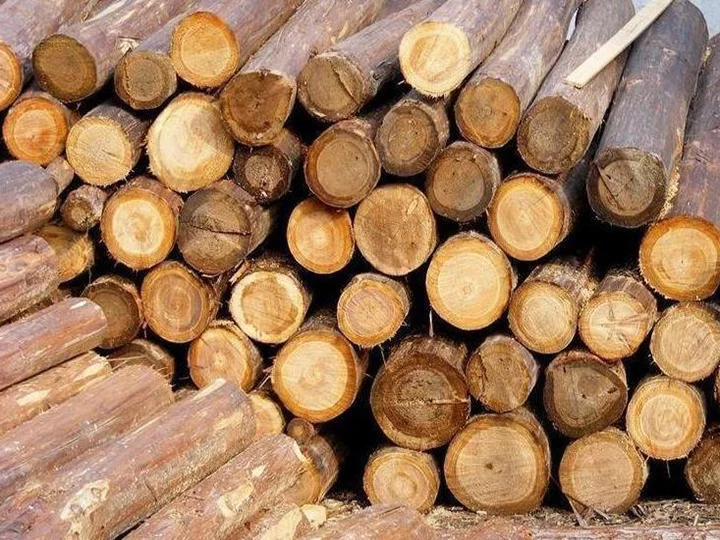
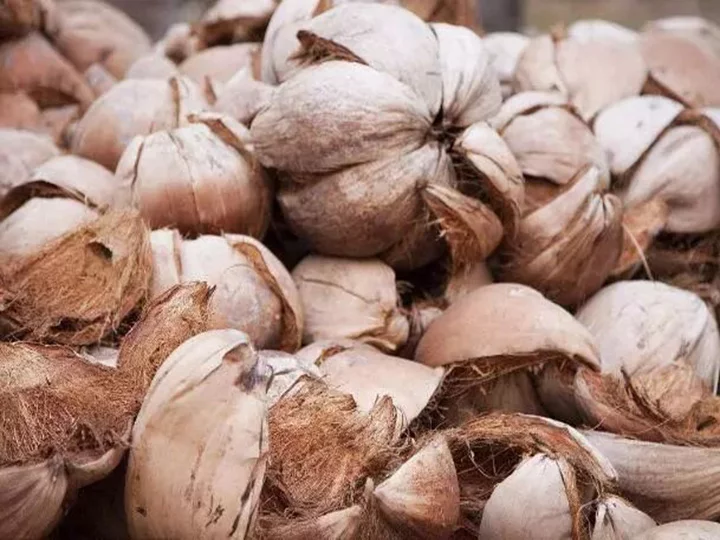
Uses of Charcoal
Charcoal is a versatile fuel with a wide range of uses. The following are the common uses of charcoal:
- Barbecue and field cooking: Charcoal is widely used in outdoor barbecues and field cooking. It provides high temperatures and long-lasting flames that cook food and give it a distinctive smoky flavor.
- Home heating: Charcoal is used as a heating fuel for situations such as home heating and camping in the wilderness. Charcoal heating provides a comfortable source of heat and is particularly suitable for some areas where no other heating facilities are available.
- Industrial applications: Charcoal is also used in a number of industrial processes. For example, charcoal is used as a reducing agent in smelting and metal processing. And it can also be used in gas phase adsorption and purification processes.
- Pharmaceutical applications: Charcoal has adsorptive properties and is therefore used in some pharmaceutical applications for the adsorption and removal of toxins, harmful chemicals or overdoses.
- Soil improvement: Charcoal is used for soil improvement to increase soil fertility and water retention capacity and to improve soil structure.
- Water Treatment: Charcoal is used as an adsorbent in water treatment to remove impurities and pollutants from water and purify it.
- Beauty and healthcare: Charcoal is also used in beauty and healthcare products such as face masks, toothpastes and soaps. It is believed to have the ability to remove dirt and toxins and purify the skin.

What Is the Cost of Charcoal Processing Plant?
- Equipment Configuration: charcoal processing plant involves many kinds of equipments, and different equipment configurations will directly affect the cost of the production line. Some advanced technologies and equipments may increase the investment cost of the charcoal processing line. But it can also improve the production efficiency and output.
- Raw material cost: Different charcoal raw materials have different costs. Some raw materials may be more expensive, while others may be cheaper. Raw material cost directly affects the production cost.
- Labor cost: The charcoal production process may require a certain amount of labor. The cost of labor varies depending on the region and labor market conditions. And it will have an impact on the cost of the production line.
- Energy consumption: The carbonization process requires energy supply, including electricity or other fuels. Energy costs will have an impact on the operating costs of the charcoal processing plant.
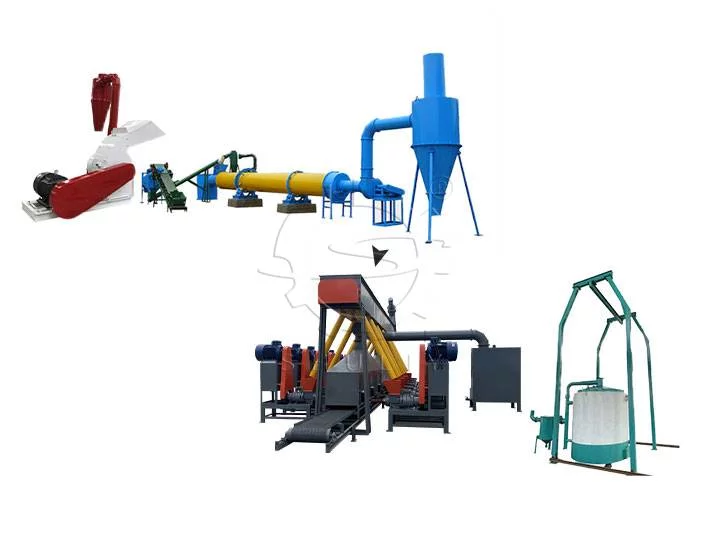
It should be emphasized that the cost of charcoal production line should take into account various factors such as production efficiency, equipment quality and output quality. It is important to choose the charcoal production line solution that suits your needs and budget. If you are interested in learning more about charcoal production line cost and customized solutions, please contact Shuliy Charcoal Machinery, we will provide you with professional advice and support.

Different Raw Materials for Charcoal Production
Different raw materials for charcoal production have their own advantages…

How to Start a Charcoal Production Project?
Starting a charcoal production project requires careful planning and consideration…
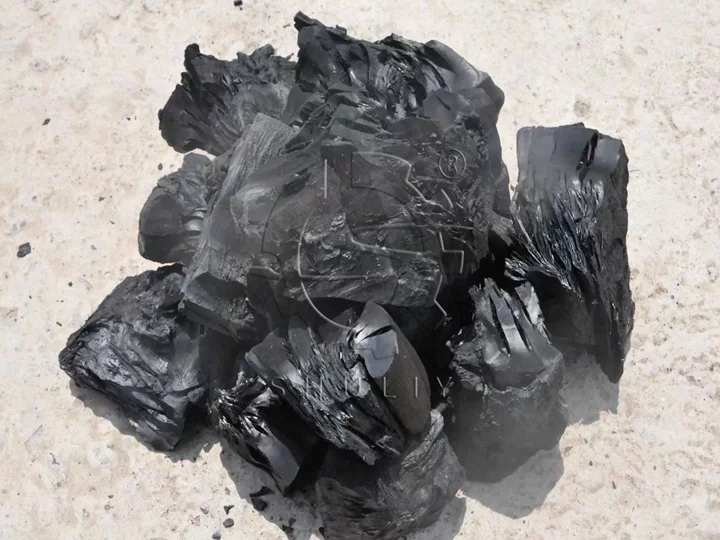
How Charcoal Is Made from Wood?
Charcoal, a versatile and essential fuel source, is created through…
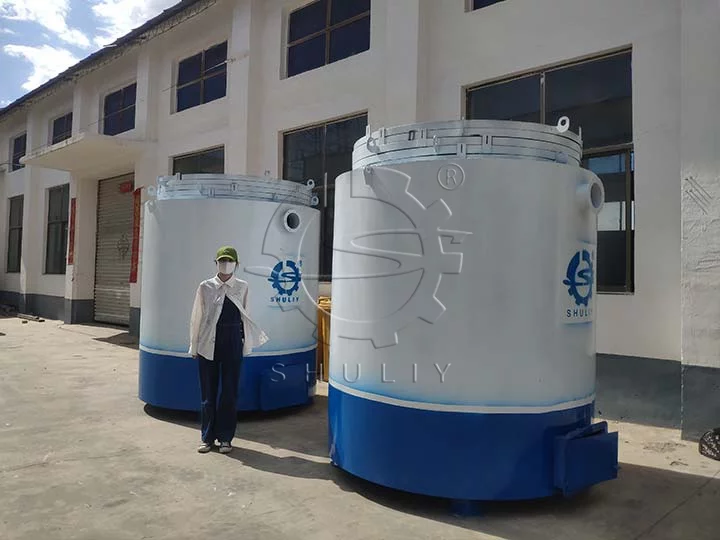
What Is the Price of Carboniser Machine?
In the realm of sustainable energy and resource management, carboniser…
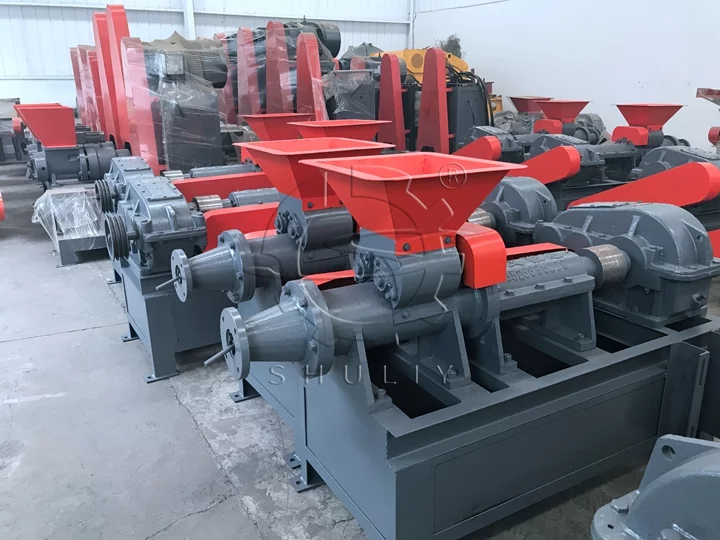
Where to Buy Wood Charcoal Briquette Machine?
When it comes to procuring a high-quality wood charcoal briquette…
Hot Product
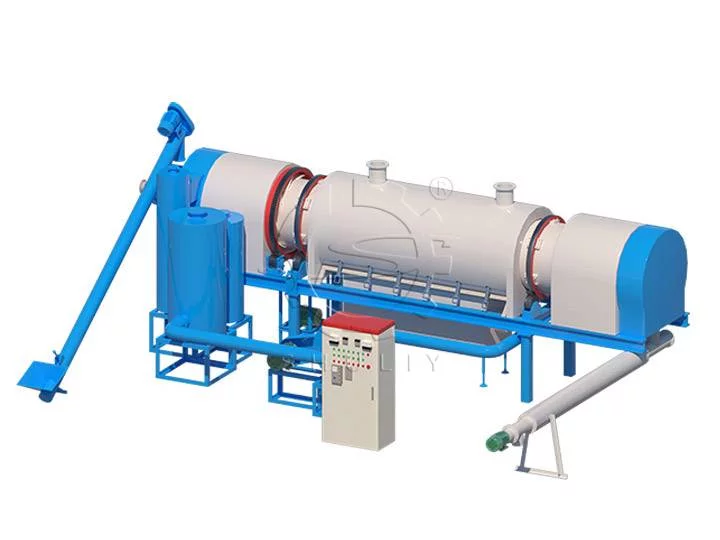
Coconut Shell Charcoal Making Machine for Turning Coconut Husk into Charcoal
We have three different types of coconut shell…
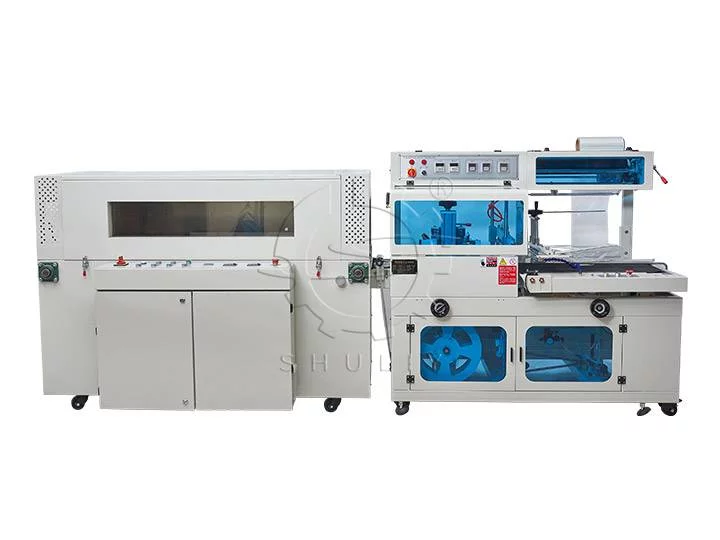
Automatic Shrink Wrap Machine for Packing Charcoal Briquette
Automatic shrink wrap machine is a machine can…
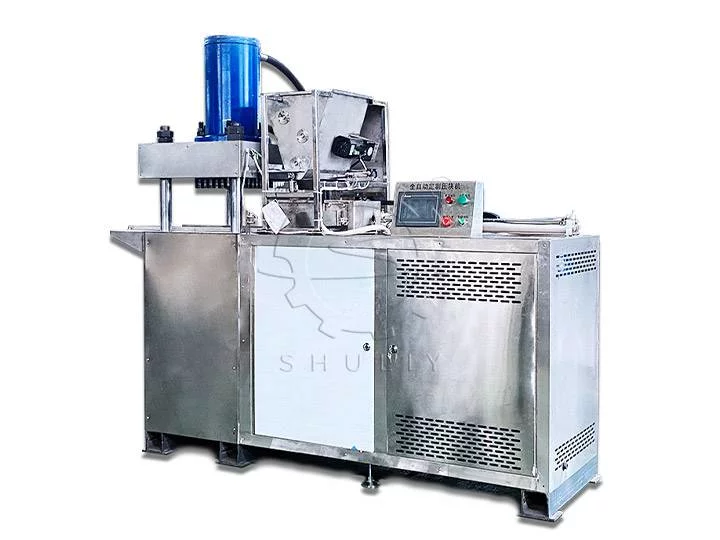
Shisha Charcoal Machine for Making Hookah Charcoal
Shisha charcoal machine is specifically designed to compress…
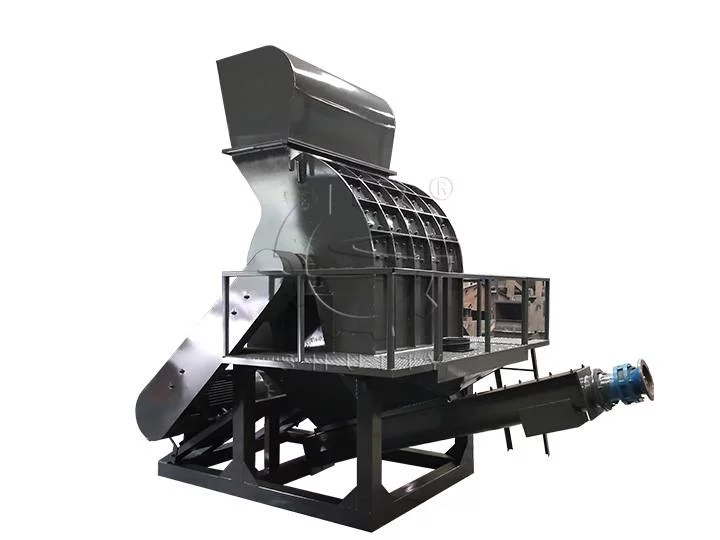
Wood Hammer Mill Machine for Crushing Wood
Shuliy wood hammer mill is equipped with an…
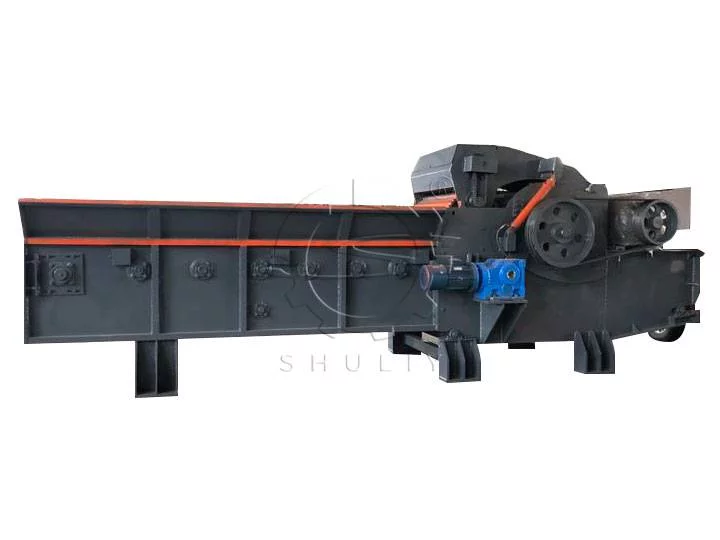
Comprehensive Crusher for Crushing Pallet, Wood Material
Comprehensive crusher is a machine capable of crushing…
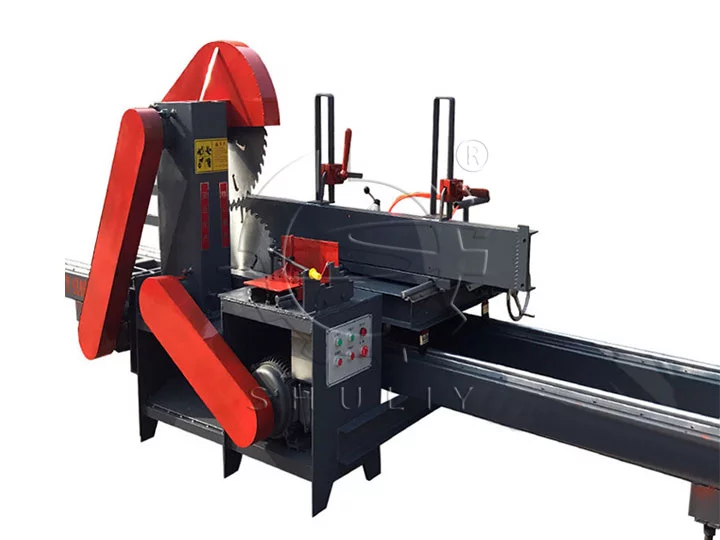
Disc Saw for Wood Cutting
Shuliy's disc saw machine can handle many types…
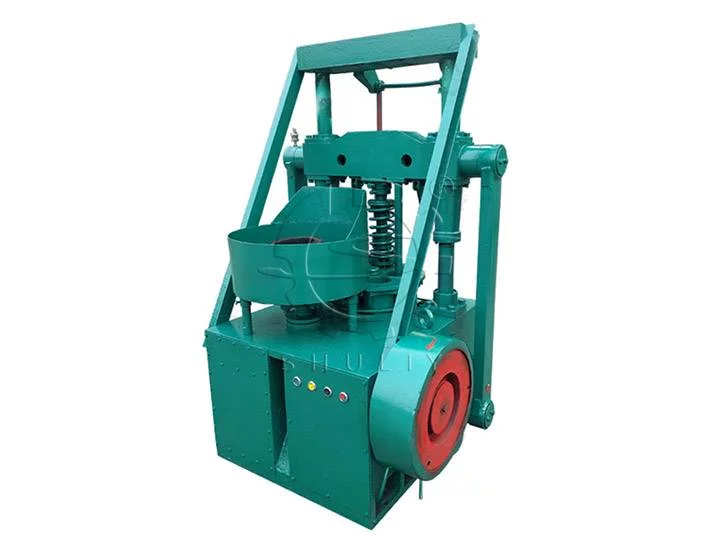
Honeycomb Charcoal Briquette Machine for Making Honercomb
Honeycomb charcoal briquette machine, also known as a…
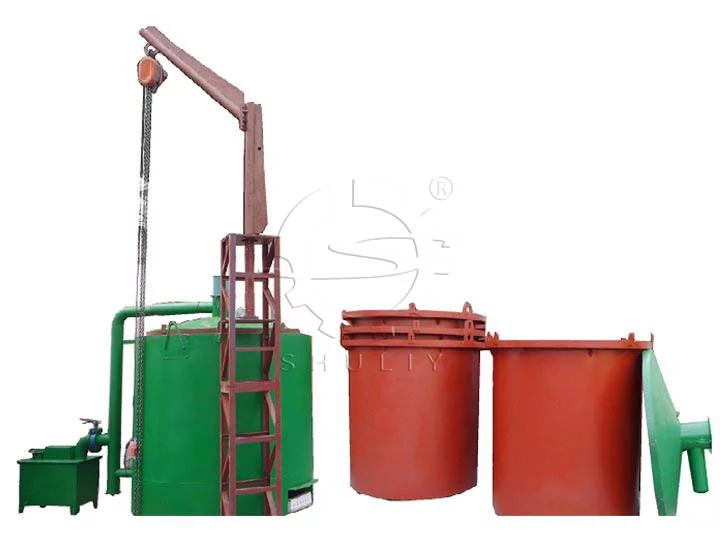
Carbonization Furnace for Charcoal Making
Three different types of carbonization furnaces are used…
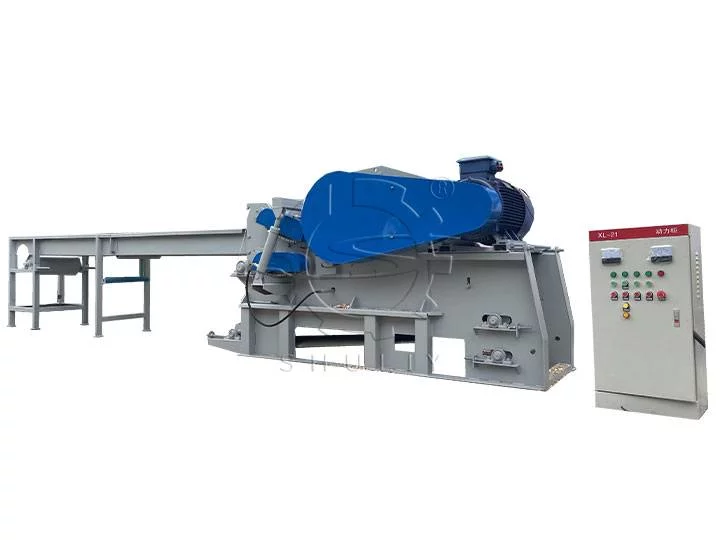
Drum Wood Chipper for Making Wood Chips
Drum wood chipper is a specialized equipment used…

